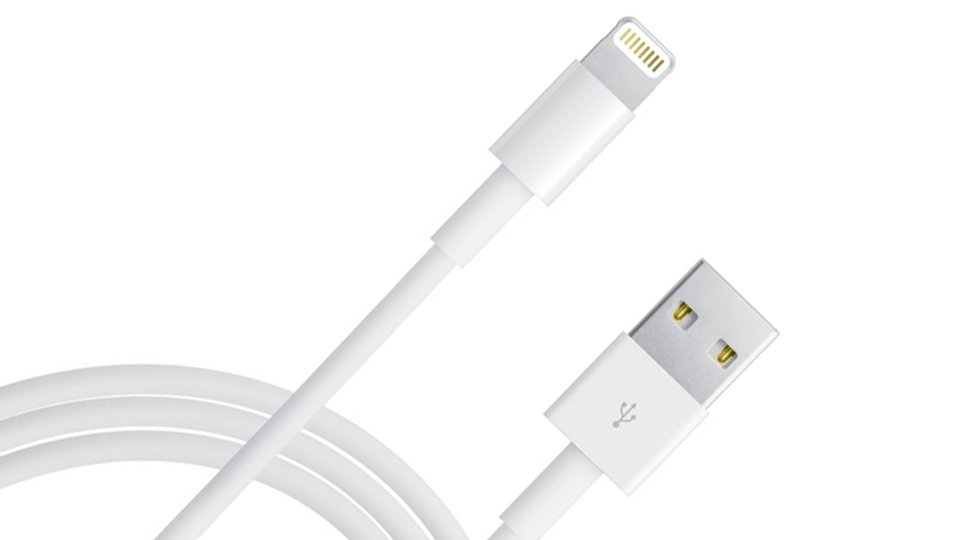EU regulators may force Apple to ditch Lightning for future iPhones
EU frustrated at lack of progress in creation of single standard

The European Union (EU) is to study whether there is a need for more action to force the mobile industry to adopt a common charger that can be used with any smartphone
European policymakers have been keen for a single standard for more than a decade, citing significant amounts of electronic waste caused by unused chargers and the inconvenience suffered by Android and iPhone users who need different cables for different devices.
It has expressed its view to the industry for almost a decade and in 2009 it appeared as though there was a breakthrough when Nokia, Sony Ericsson, Motorola and Apple, agreed to use the MicroUSB standard for all new smartphones by 2011.
EU charger
The aforementioned deal expired in 2012 and although much of the industry has since settled on the newer USB Type-C, Apple is still pushing its proprietary Lightning standard, which it launched with the iPhone 5 in 2012, to this day. Lightning is now used in all models of iPhone and iPad, with Apple claiming the connector affords it more freedom of design in its products.
But the EU is frustrated at this lack of progress and has confirmed it will look into the matter to see if it needs to intervene.
“Given the unsatisfactory progress with this voluntary approach, the Commission will shortly launch an impact assessment study to evaluate costs and benefits of different other options,” EU Competition Commissioner Margrethe Verstager is quoted as saying by Reuters.
It would seem as though Apple would be most vulnerable to any such move and could be forced to adapt the designs of its new devices. The company has been approached for comment.
Sign up to the TechRadar Pro newsletter to get all the top news, opinion, features and guidance your business needs to succeed!
- Check out the best mobile phone deals for August 2018
Steve McCaskill is TechRadar Pro's resident mobile industry expert, covering all aspects of the UK and global news, from operators to service providers and everything in between. He is a former editor of Silicon UK and journalist with over a decade's experience in the technology industry, writing about technology, in particular, telecoms, mobile and sports tech, sports, video games and media.